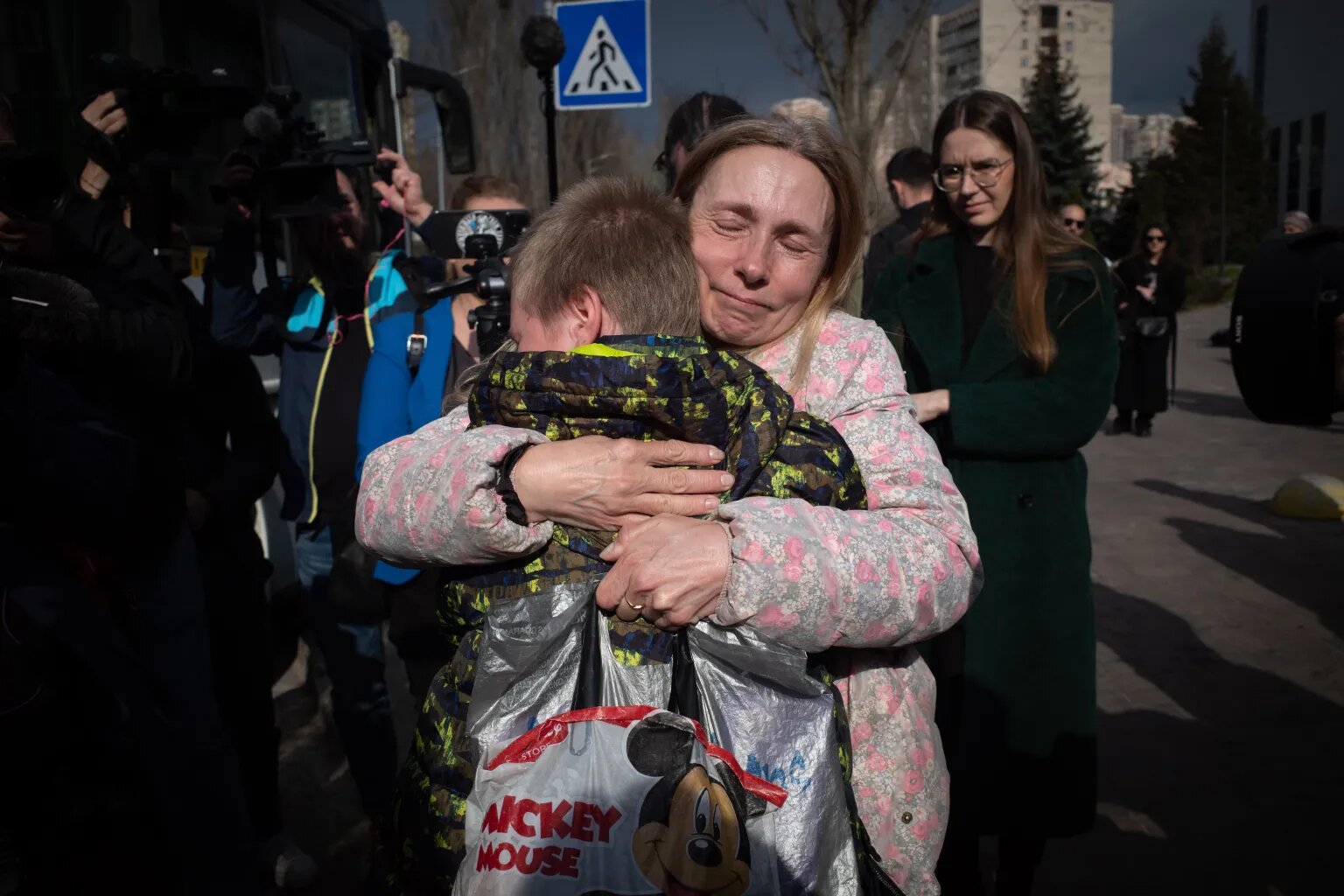Labour looks to water down packaging tax plan
Ministers are set to make changes to a planned £1bn packaging tax proposed by the last government, according to reports.


Ministers are set to make changes to a planned £1bn packaging tax proposed by the last government, despite pledges to push the cost of recycling from councils to companies using the packaging.
Heavy lobbying from industry bigwigs has pushed the government to announce they will be cutting the previously suggested fees, according to the Sunday Times.
The ‘extended producer responsibility’ rules were originally designed to cut the amount of waste being sent to landfill and push a boom in the recycling sector with over £10bn of investment.
The indicator prices, which were revealed last month, would have seen bills of up to £655 per tonne of aluminium produced, while fibre composites would be charged £410 and £655 per tonne, and plastic packaging up to £610 per tonne.
Estimates put the amount raised by the tax at over £1bn per year, but sources in the Department for Environment, Food & Rural Affairs (Defra) have since said the changes were being made after lobbying efforts from the business community.
Earlier this month, Pev Manners, managing director of cordial maker Belvoir Farm, described the £130 to £330 a tonne rate for glass packaging as “spectacularly high” and “nuts”.
“Last year, we turned over £21m and made £900,000 profit,” he told the Guardian. “My finance director estimates this tax will cost us £850,000 next year, so 100 per cent of our profits.”
Meanwhile, the British Beer and Pub Association had estimated that the prices could add up to seven pence onto every bottle of beer sold in the UK.
As a result, the charges are expected to be lower across “almost all categories” from plastic to glass, when the final prices are announced later this week.
A spokesperson for Defra said: “Extended producer responsibility for packaging is a vital first step for our packaging reforms.
“These reforms will create 21,000 jobs and stimulate more than £10bn investment in the recycling sector over the next decade. It means packaging producers, rather than the taxpayer, covering the costs of managing waste.
“We continue to work closely with businesses on this programme. We are now publishing the updated illustrative base fees, based on data they have submitted, and providing the clarity they need to prepare.”


